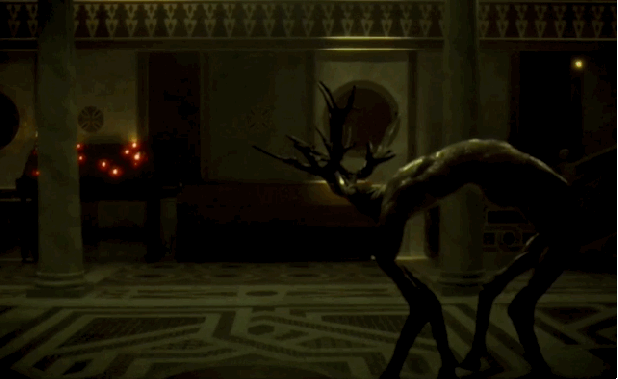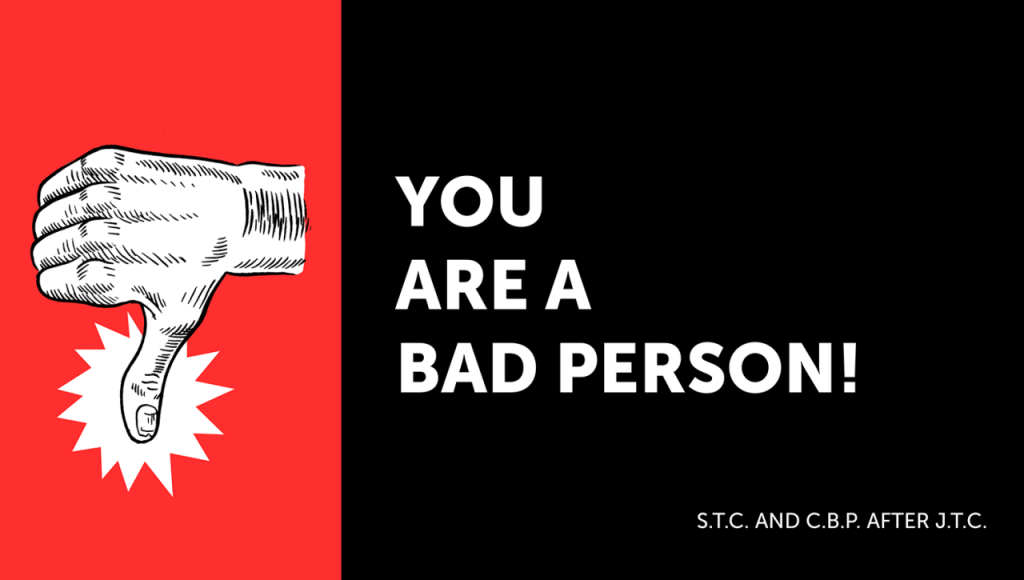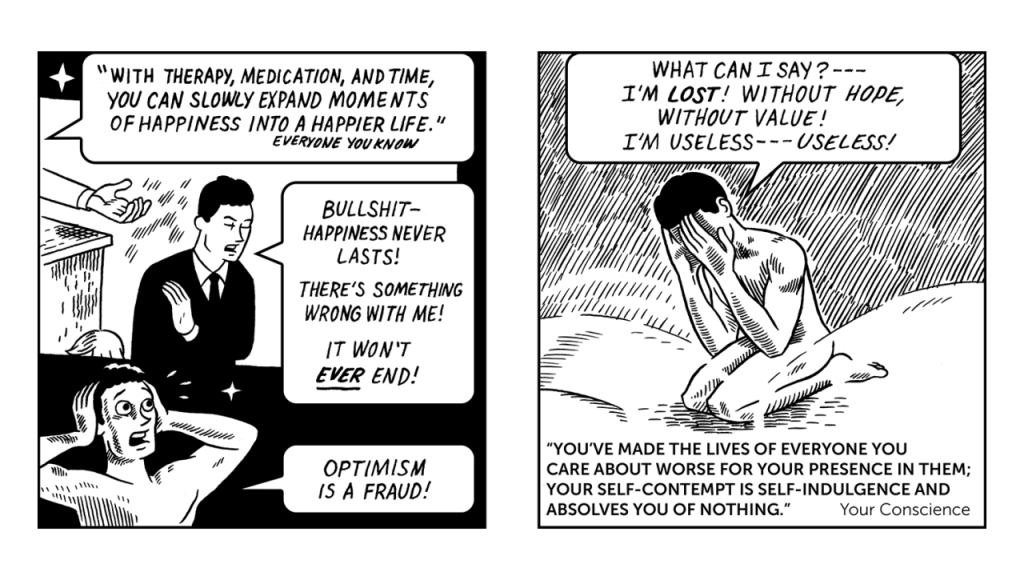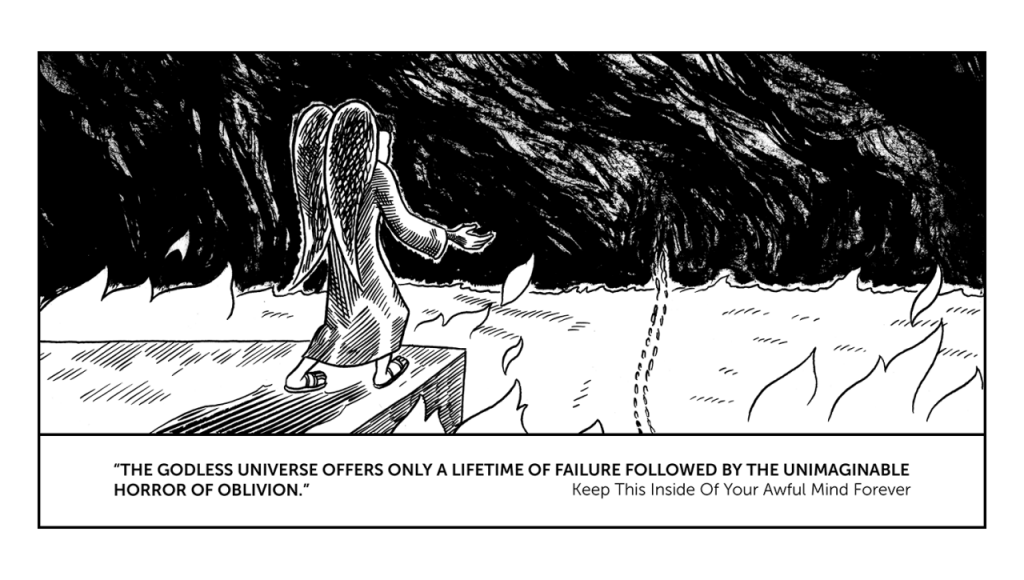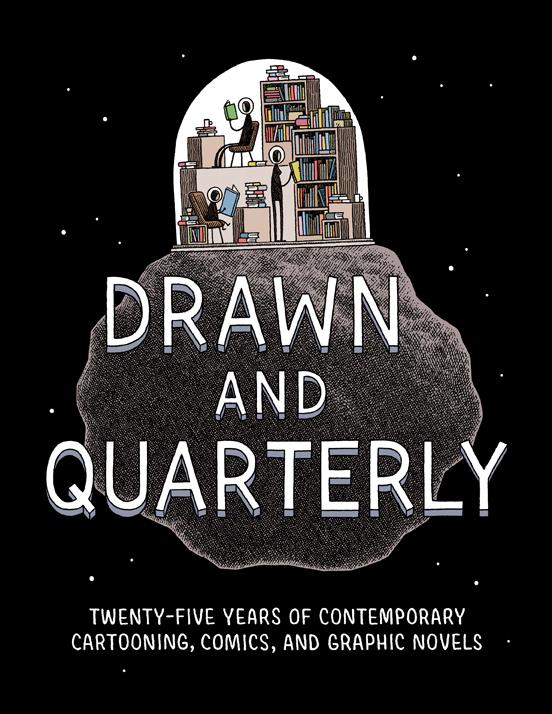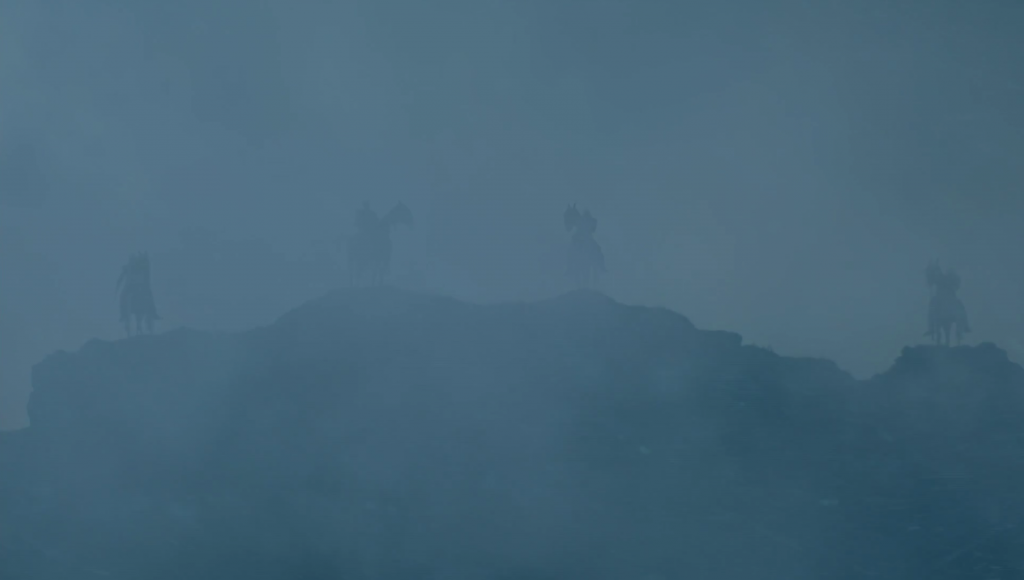I was sexually abused when I was three or four years old. The exact date, like some of the specifics, is lost to my memory. As far as memories go I suppose this is one of my earliest, actually. My brain gives me gifts unasked for, sometimes.
I came under the care of two teenagers my family trusted. The elder of the two spent a week humiliating and abusing me. (The younger of the two saw everything and did nothing.)
She locked me alone in a room for hours, and forced me to work around the house, whatever that could have looked like for a three year old, when I was released. She fed me food she had rendered inedible through means I’m glad remain a mystery to me, and when I inevitably could not bring myself to eat it I went hungry. (At the time the only available category for bad food my brain had access to was “stale,” so that’s the description of the peanut butter and jelly sandwich she made me that I remember formulating. Whatever was wrong with that sandwich, which I can still taste in my mouth over 30 years later, it wasn’t stale bread.) She made fun of me constantly, exclusively. She made me wear diapers, which like all children I’d stopped using with pride, and when the time came to relinquish me back to my parents’ care she threatened that they would put me in diapers and keep me in them if I told.
On the day she gave me a bath, she made me stand naked while she examined and ridiculed me. I can’t remember if she touched my penis, honestly I can’t, but she must have: I had a birthmark or freckle on it at the time, which she mocked. I was a freckly kid, and my mother had told me freckles were where the angels kissed me before I was born. “Did the angels kiss you there?” my abuser asked, laughing. I didn’t recognize what was being suggested, obviously, fortunately, though I sensed it was bad. I looked down and saw something that, while neither repulsive nor ridiculous, was now alien to me. What I understood most clearly was that my private parts were no longer private. They could be seen and touched and kissed and made fun of and laughed at. I had no more power to stop it than I could force my mouth to chew and swallow the tainted food my abuser served me. Here was another plate.
I knew what had been done to me was mean, which is a child’s word for wrong. I knew I’d done nothing to deserve it, so I had nothing to fear if I divulged it. When this time period drew to a close I told my parents what I could immediately, without hesitation. That put an end to it.
Until recently I hadn’t thought much about this incident, or its impact on my life. I didn’t think there’d been one. After all, I was lucky in many respects. The abuse occurred over a discreet time period, rather than an ongoing one. The physical component could have been much worse. I was so young that I didn’t understand the sexual component to be sexual; certainly no one presented it to me as such after the fact. I didn’t yet feel shame, thank christ. Authority figures believed me and not my abuser. I know so many people who went through so much more. I am not the kind of person to cut himself slack for suffering.
Fifteen, sixteen years ago I rifled through my dad’s files and found a gifted-children evaluation that had been done on me prior to kindergarten. The evaluator noted that when given animal toys to play with, I had the predators menace the smaller animals until other, bigger animals came to fight the predators and rescue the prey. The evaluator ascribed this to the incident, but I’d always thought it was just how kids play. Isn’t all narrative conflict-driven? I put the report aside. I put the abuse aside.
I am currently at what I hope to be the tail end of a years-long bout of depression, and my life now is very different than my life before it began. My depression’s worst depths roughly coincided with the start of a period of intense sexuality. Given my interests as a critic and artist, this combination has been pretty fucking good for me, professionally. I write to figure things out; I figure things out when I write; this is true even when figuring things out is not the goal. I can’t help it. I am also fortunate enough to be in both a romantic relationship and a therapeutic one in which figuring things out is the goal. And so, inevitably, I’ve wormed my way back into this soil.
I’ve known for many years, because it’s been screechingly obvious to me even at my most oblivious, that sex is part of a cycle of humiliation and redemption for me. I was bullied badly in elementary school, and by middle school the teasing and mockery had hardened me into a fist of resentment against my social betters. By my sophomore year in high school it became apparent to me that I was now attractive to girls. This was great fun for all the usual healthy reasons, but I also saw it as slam-dunk evidence that I wasn’t the faggot and loser and geek and baby the male jocks said I was. Indeed, another human being need not be present for this catharsis to take effect: I felt a thrilling flash of “that’ll show them!” the first time I masturbated, because my body worked the way a man’s body should. Sex as a proving ground.
I identified this feeling early, but it never occurred to me to ask why I felt it. Why does the successful exercise of sexuality validate me as a person? Why does the mere fact of my sexual autonomy mean anything? Why does the concept of the body as a machine the operation of which exists outside normal social strictures of shame and propriety turn me on and get me off, ever since the very first time? If sex has taken on such importance in calibrating my personality, and if that calibrator was damaged by my abuse, were the parts of my personality that aren’t directly sex-adjacent able to be damaged as well? I don’t know.
I suspect, though. I suspect now. I suspect that at an age when I couldn’t imagine anything worse than being made to be a baby again, powerless and devoid of self-control, my abuser rooted my private experience of my body in a diaper. I suspect that at an age when every word from my mother’s mouth was love, my abuser used a story she’d told me to make me feel good about my body and hurt me with it, turned me against myself. I suspect that my baseline self-evaluation was reset at “not okay,” and that I grab what I can from outside and stand on it as long as I can to stay above it, which is never long enough. I suspect that anything that demonstrates that my body is my own and that my body is good is a balm to my soul but that its palliative effects only last so long. I suspect that I was conditioned to believe myself a shameful excess, a burden to everybody, and that my personal life has been an endless, futile scramble to make myself as unobtrusive and inoffensive as possible, to find solace only in hiding my own need.
I’ll never know, though. That’s the thing that bothers me the most: I’ll never know. This thing that happened to me, that was done to me, is dark matter. I know it’s there, but that’s all I know. Even if it were to have shaped me the way I suspect it might have, it’s convinced me I have no right to claim it as such — that the story’s not worth telling even if it’s mine to tell, since everyone has a story, don’t they, and if I went for all these years not thinking about it, not noticing it, even now I should just shut the fuck up about it, it’s vanity to pretend I have any reason to complain, you will be laughed at again, you are laughable again, how bad could it be? How bad could it be? I don’t know. I don’t know. I don’t know.

